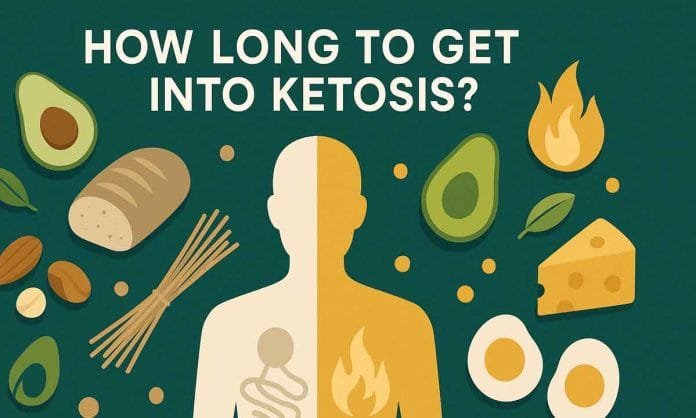If you’ve decided to explore the keto diet, you’ve probably heard a lot about ketosis and its powerful benefits. But there’s one question everyone tends to ask first: how long does it take to get into ketosis? It depends on several factors, including your diet, activity level, and metabolic health. Don’t worry, though; we’ll break it all down for you step by step so you feel fully prepared to kick-start your keto lifestyle.
Ketosis isn’t just about cutting carbs; it’s a metabolic state where your body switches from burning glucose (from carbohydrates) to burning fat for fuel. You’ll likely experience weight loss, increased mental clarity, and more stable energy levels. Sounds exciting, right? But let’s first understand how long it takes to trigger this state and what you can do to speed up the process.
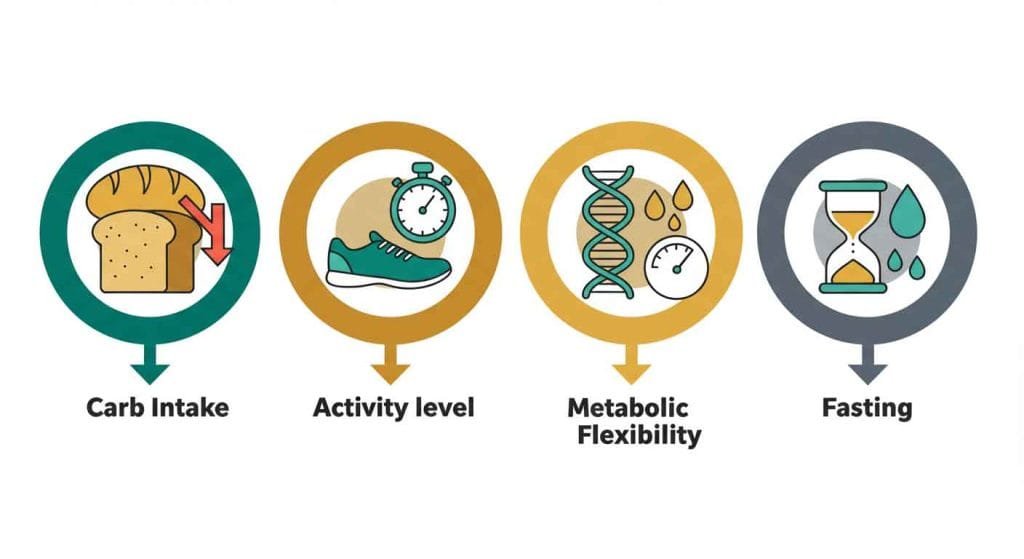
- What Determines How Long It Takes to Get Into Ketosis?
- How Long Does It Take to Get Into Ketosis on a Keto Diet?
- Tips to Get Into Ketosis Faster
- How Do You Know You’re in Ketosis?
- Does a Cheat Day Affect Ketosis?
- FAQ About Ketosis and the Keto Diet
- 1. How long does it take to get into ketosis?
- 2. Does fasting help you get into ketosis faster?
- 3. Can I get into ketosis after a cheat day?
- 4. What are the symptoms of ketosis?
- 5. Can exercise help me get into ketosis faster?
- 6. Is it safe to stay in ketosis long-term?
- 7. Can I enter ketosis on a carnivore diet?
- 8. How do I test if I’m in ketosis?
- 9. What happens if I eat carbs while in ketosis?
- 10. Does everyone experience the “keto flu”?
- 11. Can I drink alcohol while on the keto diet?
- 12. How many carbs should I eat to stay in ketosis?
- Transform Your Health With Keto
- Your Next Steps in Your Keto Journey
- Sources
What Determines How Long It Takes to Get Into Ketosis?
There’s no one-size-fits-all timeline for entering ketosis. However, most people achieve ketosis within 2–7 days of drastically reducing their carbohydrate intake. Factors like your previous diet, current activity level, and individual body composition all play a role.
Here are a few key factors that affect how quickly you can get into ketosis:
- Carbohydrate Intake: The fewer carbs you consume, the faster your body depletes glycogen stores and transitions to burning fat.
- Activity Level: Exercise can speed up the process by using up glycogen stores more quickly.
- Metabolic Flexibility: If your body is accustomed to using carbs as the primary energy source, it may take longer to adapt to burning fat.
- Fasting or Fat Fasting: Short periods of fasting can help deplete glycogen stores faster, allowing you to enter ketosis more quickly.
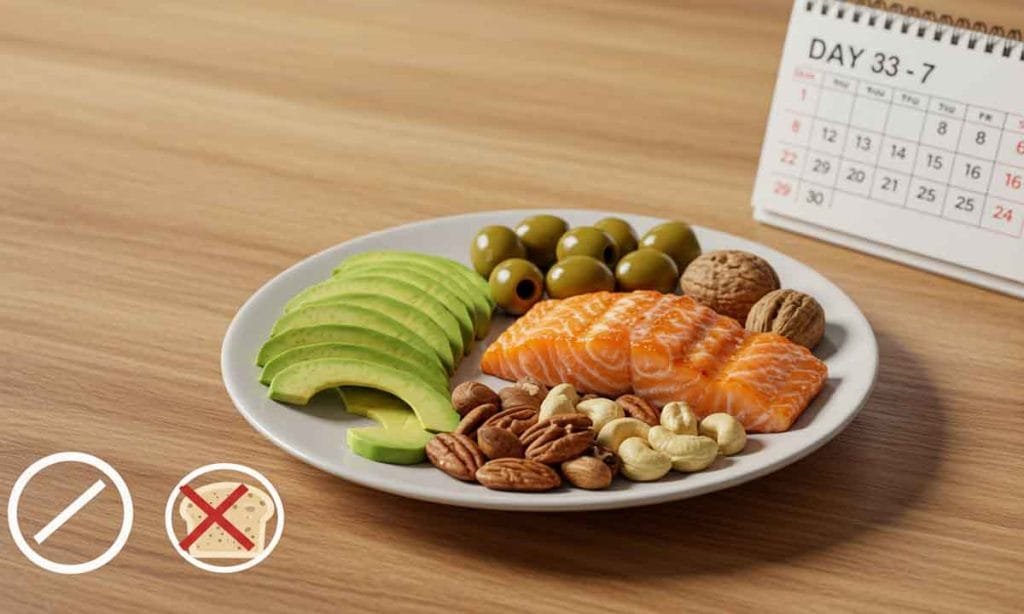
How Long Does It Take to Get Into Ketosis on a Keto Diet?
When following a traditional keto diet, which limits carbohydrate intake to around 20–50 grams per day, most people enter ketosis within 3–7 days. Stick to high-fat, moderate-protein meals and avoid carb-heavy foods like bread, pasta, and sugary snacks. It’s crucial to track your macros during this period to ensure you’re staying on target.
How Long Does It Take When Fasting?
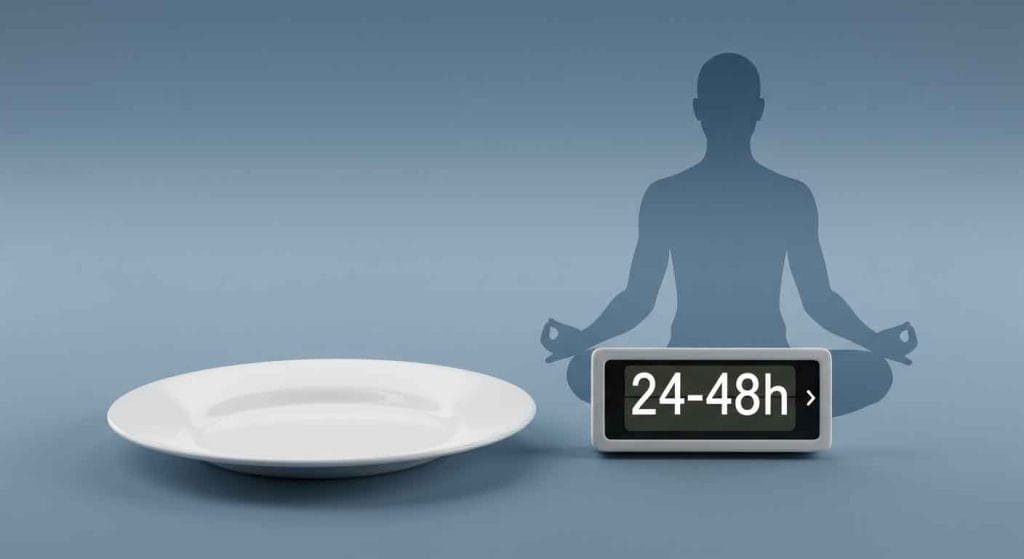
Fasting is another way to expedite the transition into ketosis. When you fast, your body naturally turns to stored fat for energy after burning through glycogen stores. Many people can achieve ketosis within 24–48 hours when fasting, but the time may vary based on how much glycogen is stored in your body.
What About the Carnivore Diet?
If you’re on the carnivore diet, which consists of almost zero carbs and emphasizes meat and animal products, you may find yourself entering ketosis within 1–3 days. The minimal carb intake on this diet makes it a fast track to switching your fuel source.
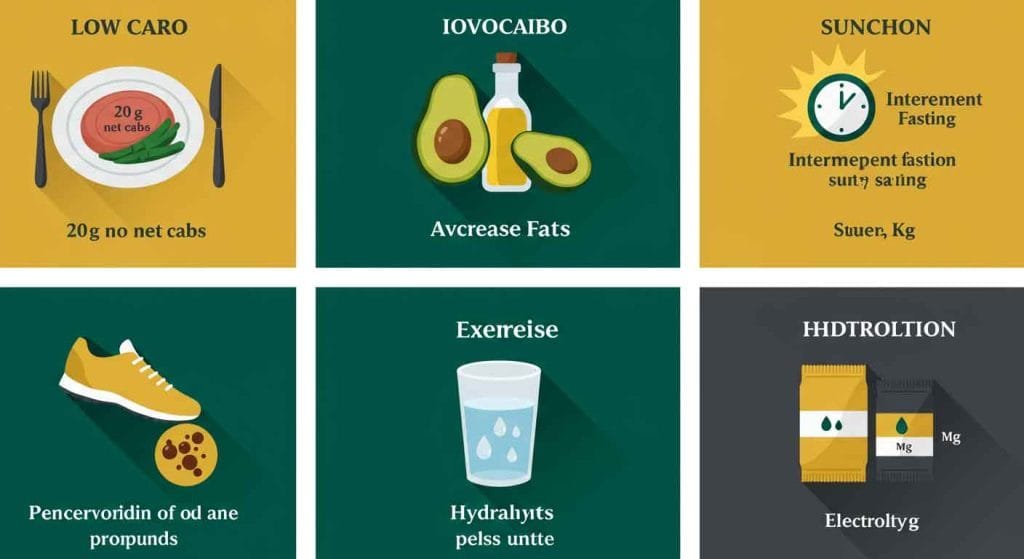
Tips to Get Into Ketosis Faster
If you’re eager to reach ketosis as quickly as possible, here are a few actionable strategies:
- Lower Your Carb Intake: Aim for 20–30 grams of net carbs or less daily.
- Increase Fat Intake: Focus on healthy fats such as avocado, olive oil, and nuts to fuel your body.
- Try Intermittent Fasting: Incorporating a fasting routine (16 hours of fasting followed by an 8-hour eating window) can help speed up the process.
- Exercise Regularly: Aerobic exercises such as jogging, cycling, or brisk walking can help deplete glycogen stores faster.
- Drink Plenty of Water: Proper hydration supports your body as it adapts to using fat as an energy source.
- Include Electrolytes: Sodium, potassium, and magnesium are essential to avoid the dreaded keto flu during the transition period.
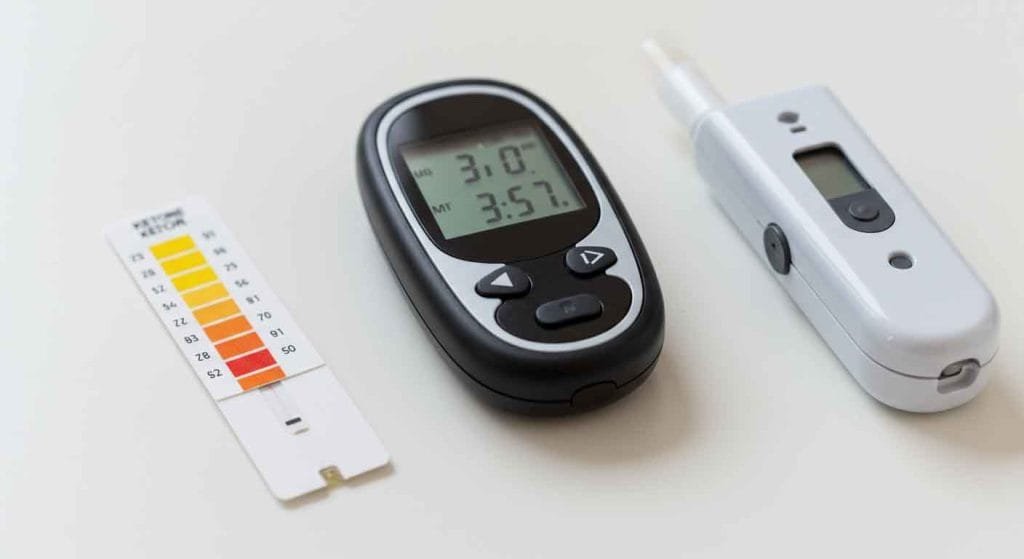
How Do You Know You’re in Ketosis?
You might notice several physical signs when you’re entering ketosis, including:
- Bad Breath: This might not sound glamorous, but “keto breath” is often a sign you’ve reached ketosis.
- Decreased Appetite: Many people report feeling less hungry since fat and protein keep you satiated longer.
- Boosted Energy: Once your body adapts, you’ll likely feel more energetic and less prone to midday crashes.
- Mental Clarity: With consistent energy from ketones, many experience sharper focus and concentration.
For more certainty, you can use tools like urine strips, blood ketone meters, or even breath analyzers to confirm whether you’re in ketosis.

Does a Cheat Day Affect Ketosis?
A cheat day can knock you out of ketosis by replenishing glycogen stores and shifting your body back to burning carbs for energy. If that happens, it typically takes 2–3 days of strict keto to re-enter ketosis. Fasting or engaging in high-intensity exercise after a cheat day can help speed up the process.
FAQ About Ketosis and the Keto Diet
1. How long does it take to get into ketosis?
Typically, it takes 2 to 4 days to reach ketosis, but this depends on several factors, such as carb intake, activity level, and metabolism. For some, it may take up to a week, especially if they’re new to the keto diet or have consumed a lot of carbs recently. Staying consistent with your low-carb diet and increasing physical activity can speed up the process.
2. Does fasting help you get into ketosis faster?
Yes, fasting can help you get into ketosis more quickly. When you fast, your body uses up glycogen stores more rapidly, prompting it to switch to burning fat for energy. Intermittent fasting, in particular, is a popular strategy many keto followers use to kickstart ketosis.
3. Can I get into ketosis after a cheat day?
Absolutely, but it may take a little longer. How long it takes to get into ketosis after a cheat day depends on how many carbs you consume and how quickly you return to your keto routine. Typically, with strict adherence, you can get back into ketosis within 1 to 3 days.
4. What are the symptoms of ketosis?
The most common signs of ketosis include increased energy, reduced appetite, weight loss, and mental clarity. Some people also experience “keto breath” (a fruity smell), dry mouth, or more frequent urination when they first enter ketosis.
5. Can exercise help me get into ketosis faster?
Regular exercise can speed up the process by helping deplete your glycogen stores. High-intensity workouts burn through carbs quickly and encourage your body to switch to fat-burning mode.
6. Is it safe to stay in ketosis long-term?
For most healthy individuals, staying in ketosis long-term can be safe and offer several benefits, such as weight control and better blood sugar regulation. However, it’s essential to consult your healthcare provider to ensure it’s right for your unique health needs.
7. Can I enter ketosis on a carnivore diet?
Yes! The carnivore diet, which focuses on animal-based foods, is naturally very low in carbs. Many people find that they can reach ketosis on a carnivore diet within 2 to 4 days, much like the traditional keto approach.
8. How do I test if I’m in ketosis?
You can test for ketosis using urine strips, blood ketone meters, or breath analyzers. Blood ketone meters are the most accurate way to measure ketone levels and confirm you’ve entered ketosis.
9. What happens if I eat carbs while in ketosis?
Eating carbs while in ketosis can temporarily kick you out of this fat-burning state. However, by returning to a low-carb diet and limiting carbs, you can get back into ketosis within a few days.
10. Does everyone experience the “keto flu”?
Not everyone gets the “keto flu,” but if you do, symptoms may include headaches, fatigue, nausea, and irritability during your body’s adjustment period. Staying hydrated, getting enough electrolytes, and eating enough healthy fats can help ease these symptoms.
11. Can I drink alcohol while on the keto diet?
But choose low-carb options like dry wine or spirits (vodka, whiskey, etc.). Just be mindful of your portion sizes and how alcohol may slow down your progress in ketosis.
12. How many carbs should I eat to stay in ketosis?
Most people aim to stay under 20 to 50 grams of carbs per day to maintain ketosis. However, your carb threshold may vary depending on your metabolism and activity level.
Transform Your Health With Keto
Ketosis is a powerful metabolic state that can bring various health benefits, from weight loss to improved focus and energy. While the time it takes to achieve ketosis depends on factors like diet and activity level, the above tips can help you reach your goal more efficiently. Remember to stay hydrated, maintain proper electrolyte levels, and track your progress to ensure your success.
Looking for more ways to optimize your keto experience? Explore our [Meal Planning Tips for Beginners] or browse our [Low-Carb Snack Ideas]. Taking that extra step to plan will set you up for long-term success.
Your Next Steps in Your Keto Journey
Are you ready to start feeling your best? It’s time to take action. Whether you aim to lose weight, boost energy, or simply enjoy the benefits of a healthier metabolism, getting into ketosis is your first step. Check out our Custom Keto Meal Plans designed to fit your unique needs and preferences. We’ll guide you every step of the way.
Take control of your health and jumpstart your life with our keto meal plan today!
Sources
- Is a fast necessary when initiating the ketogenic diet? – Discusses the time to onset of ketosis and its range.
- Ketogenic Diet – StatPearls – Provides insights into the ketogenic diet and its effects.
- Starvation Ketoacidosis due to the Ketogenic Diet – Explores how fasting can influence ketosis and potential risks.


